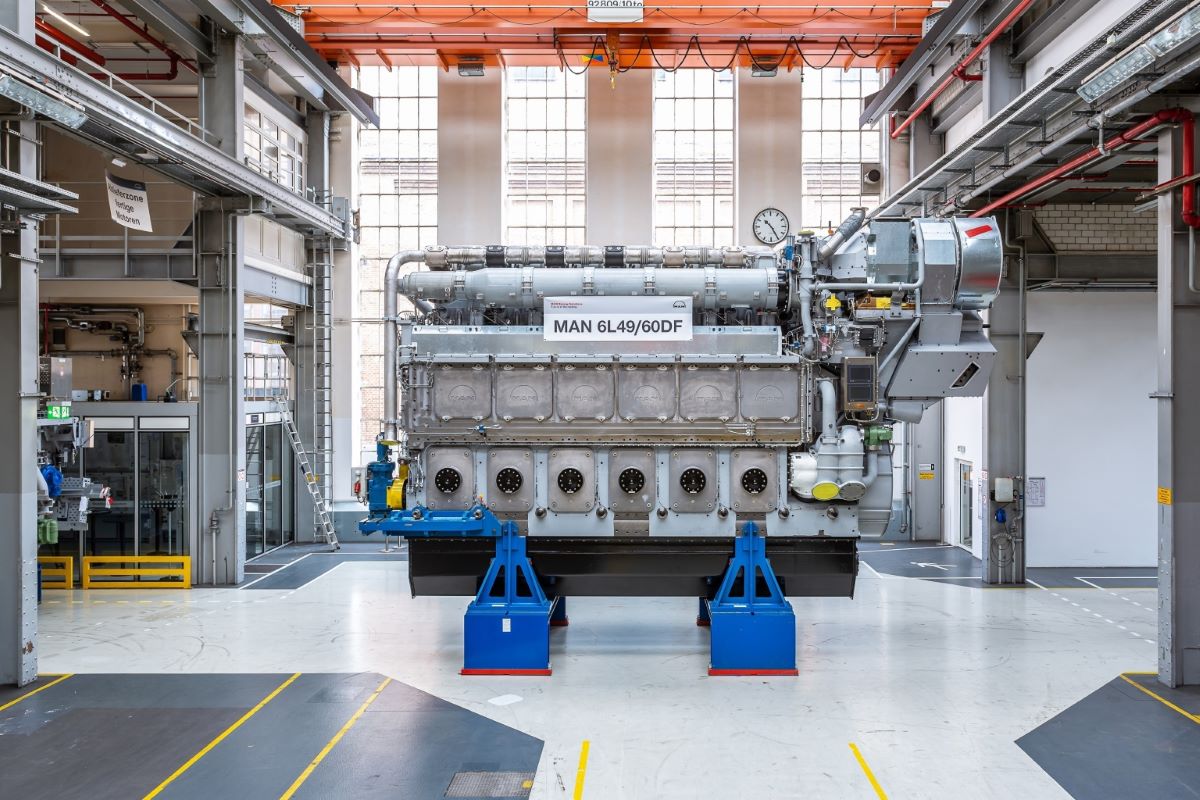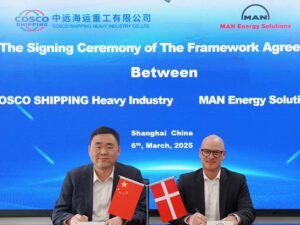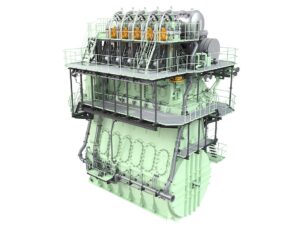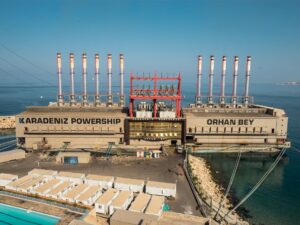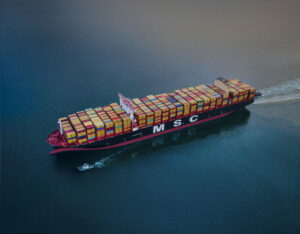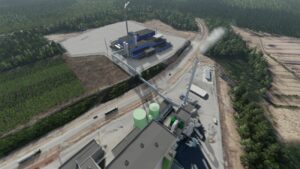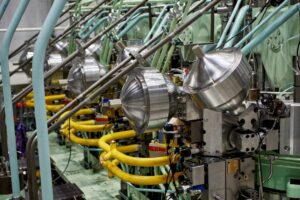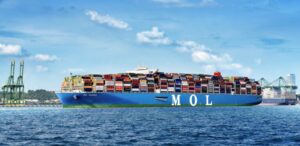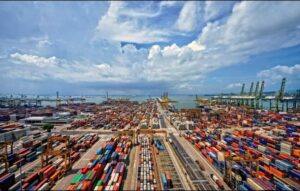SEA-LNG welcomes MAN ES back to coalition
German engine manufacturer MAN Energy Solutions (MAN ES) has rejoined SEA-LNG, a multi-sector industry coalition promoting LNG as a marine fuel.
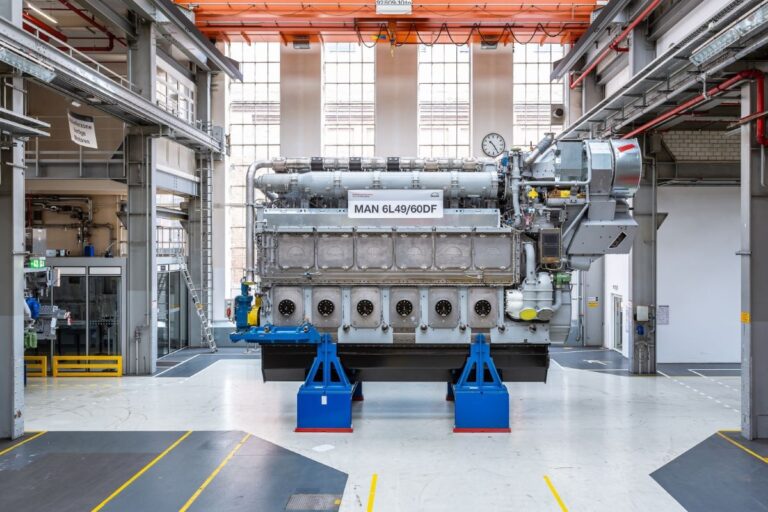
SEA-LNG welcomed MAN ES back to the coalition after four years, underlining that the German company will add to the technical skills and experience of the coalition members with its expertise already achieving reductions in greenhouse gas (GHG) emissions.
MAN ES provides propulsion solutions for LNG marine applications, including dual-fuel LNG-powered ships, LNG carriers, floating storage and regasification units (FSRUs), LNG feeder and bunker vessels, as well as for gas supply infrastructure.
The company’s technology is said to be fully compatible with net-zero biomethane and e-methane. According to MAN ES, its two-stroke high-pressure engine technology is one of those delivering virtually no methane slip in the LNG combustion process today.
The engine maker also pointed out progress in eradicating methane slip in its four-stroke engines. Over the last ten years, MAN ES claims to have already been able to halve methane slip in its four-stroke gas engines and is aiming for a further 20% reduction by continuously improving the combustion process.
MAN ES’s IMOKAT II project has secured investment from the German Federal Ministry for Economics and Climate Action to develop an after-treatment technology to further reduce methane slip from its four-stroke engines, ultimately aiming for a 70% reduction of methane emissions at 100% load.
Related Article
Stefan Eefting, Senior Vice President and Head of MAN PrimeServ Germany at MAN Energy Solutions, commented: “While shipping remains the most environmentally-friendly form of transport, the many vessels powered by our technology means that MAN Energy Solutions has a special responsibility to help move the industry to net-zero; we are very happy to work with like-minded partners in achieving this. Our unique ability to assess the future-fuel mix is, in great part, based on our dual-fuel engine development, which promotes LNG and other alternative green fuels that have a key role to play on the path to decarbonisation.”
Peter Keller, SEA-LNG Chairman, said that LNG as a marine fuel, and its decarbonization pathway through liquified biomethane and e-methane, offers the most practical and realistic solution as global and regional regulations begin to impact shipowners financially.
“If we want to continue to unlock this pathway’s potential, we need the right expertise and MAN ES’s experience and insights will be critical to ensuring LNG, biomethane and e-methane firmly take their place in the basket of alternative marine fuels,” Keller stated.
He added that the entire LNG pathway to decarbonization benefits from being able to use the existing infrastructure, including the LNG engines on the water today, without any major retrofits. Liquified biomethane and renewable hydrogen-derived e-methane can be used as drop-in fuels in all current and future LNG-fueled engines with minimal to no modification.

